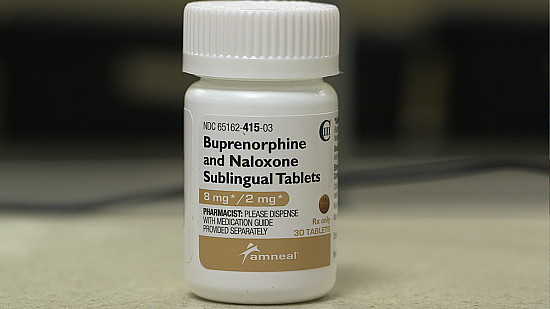11 ways to curb your drinking
Are you concerned about your alcohol intake? Maybe you feel that you're drinking too much or too often. Perhaps it's a habit you'd like to better control.
It's always wise to check with your doctor — she should be able to help you decide whether it is best for you to cut back or to abstain. People who are dependent on alcohol, or have other medical or mental health problems, should stop drinking completely.
But many people may benefit simply by cutting back. If your doctor suggests that you curb your drinking, the National Institute on Alcohol Abuse and Alcoholism (NIAAA) suggests that the following steps may be helpful:
- Put it in writing. Making a list of the reasons to curtail your drinking — such as feeling healthier, sleeping better, or improving your relationships — can motivate you.
- Set a drinking goal. Set a limit on how much you will drink. You should keep your drinking below the recommended guidelines: no more than one standard drink per day for women and for men ages 65 and older, and no more than two standard drinks per day for men under 65. These limits may be too high for people who have certain medical conditions or for some older adults. Your doctor can help you determine what's right for you.
- Keep a diary of your drinking. For three to four weeks, keep track of every time you have a drink. Include information about what and how much you drank as well as where you were. Compare this to your goal. If you're having trouble sticking to your goal, discuss it with your doctor or another health professional.
- Don't keep alcohol in your house. Having no alcohol at home can help limit your drinking.
- Drink slowly. Sip your drink. Drink soda, water, or juice after having an alcoholic beverage. Never drink on an empty stomach.
- Choose alcohol-free days. Decide not to drink a day or two each week. You may want to abstain for a week or a month to see how you feel physically and emotionally without alcohol in your life. Taking a break from alcohol can be a good way to start drinking less.
- Watch for peer pressure. Practice ways to say no politely. You do not have to drink just because others are, and you shouldn't feel obligated to accept every drink you're offered. Stay away from people who encourage you to drink.
- Keep busy. Take a walk, play sports, go out to eat, or catch a movie. When you're at home, pick up a new hobby or revisit an old one. Painting, board games, playing a musical instrument, woodworking — these and other activities are great alternatives to drinking.
- Ask for support. Cutting down on your drinking may not always be easy. Let friends and family members know that you need their support. Your doctor, counselor, or therapist may also be able to offer help.
- Guard against temptation. Steer clear of people and places that make you want to drink. If you associate drinking with certain events, such as holidays or vacations, develop a plan for managing them in advance. Monitor your feelings. When you're worried, lonely, or angry, you may be tempted to reach for a drink. Try to cultivate new, healthy ways to cope with stress.
- Be persistent. Most people who successfully cut down or stop drinking altogether do so only after several attempts. You'll probably have setbacks, but don't let them keep you from reaching your long-term goal. There's really no final endpoint, as the process usually requires ongoing effort.
Some of these strategies — such as watching for peer pressure, keeping busy, asking for support, being aware of temptation, and being persistent — can also be helpful for people who want to give up alcohol completely.
Once you've cut back on your drinking (so you're at or below the recommended guidelines), examine your drinking habits regularly to see if you're maintaining this level of drinking. Some people attain their goal only to find that old habits crop up again later. If this happens, consult your doctor.
For more information on how to kick your addiction, check out Overcoming Addiction, a Special Health Report from Harvard Medical School.
Image: © PIKSEL /GettyImages
Disclaimer:
As a service to our readers, Harvard Health Publishing provides access to our library of archived content. Please note the date of last review or update on all articles.
No content on this site, regardless of date, should ever be used as a substitute for direct medical advice from your doctor or other qualified clinician.
















